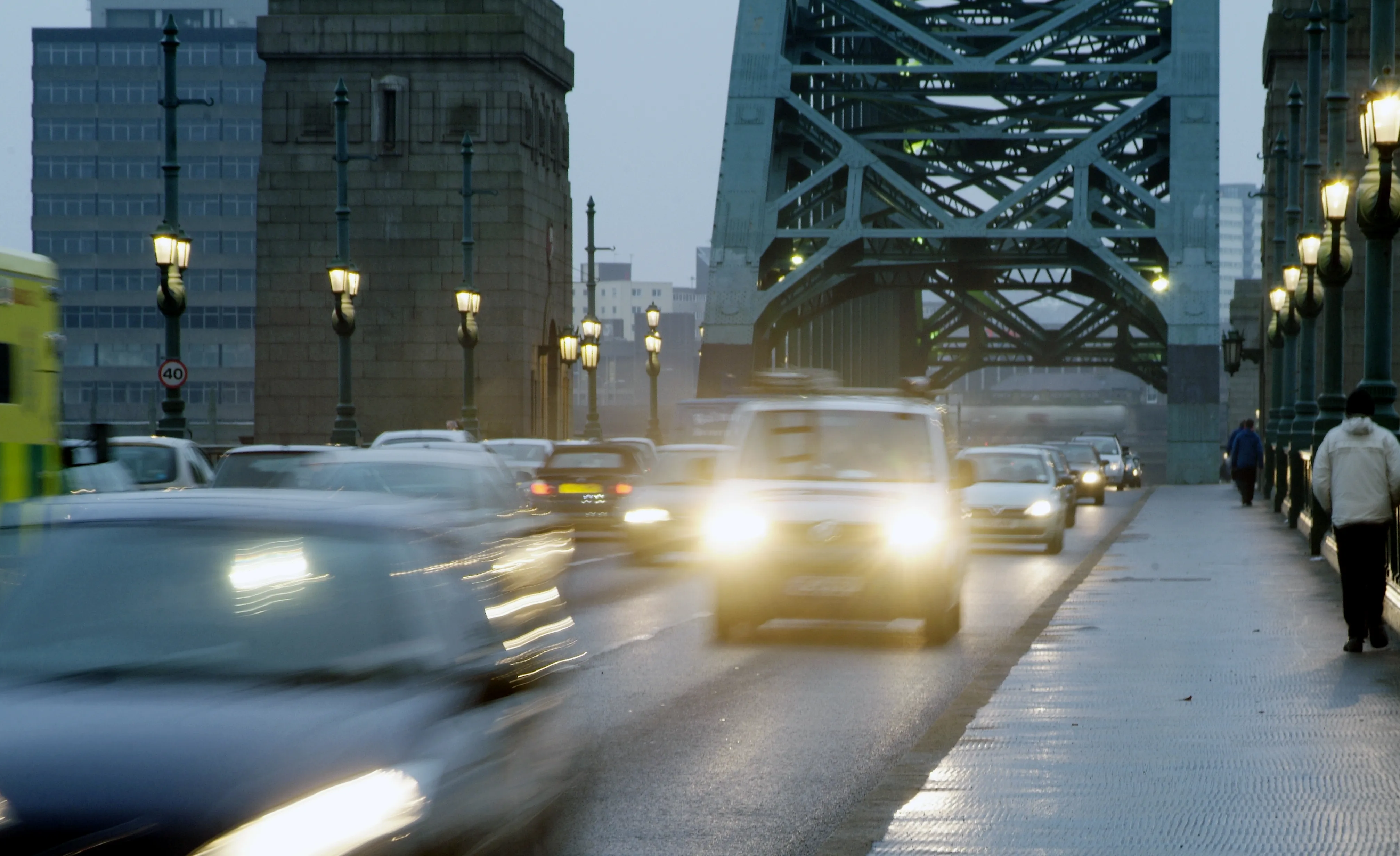A number of towns and cities in England will benefit from US$7.7 million in funding to reduce pollution from local buses, local transport minister Norman Baker has announced. Local authorities will be able to bid for grants of up to US$1.5 million from the Department for Transport’s Clean Bus Technology Fund. This will allow them to upgrade local buses with pollution-reducing technologies such as cleaner engines or exhaust after-treatment equipment.
June 6, 2013
Read time: 2 mins
A number of towns and cities in England will benefit from US$7.7 million in funding to reduce pollution from local buses, local transport minister Norman Baker has announced.
Local authorities will be able to bid for grants of up to US$1.5 million from the1837 Department for Transport’s Clean Bus Technology Fund. This will allow them to upgrade local buses with pollution-reducing technologies such as cleaner engines or exhaust after-treatment equipment.
Norman Baker said: “Improving air quality is important for the coalition government. This scheme will help clean up emissions from older buses in some of our most polluted urban areas.
“It will lead to real improvements in air quality on some of our more polluted streets, as well as helping stimulate jobs and growth in the bus and retrofit industries. In addition it will give British companies the opportunity to market new technologies to overseas bus operators and governments.”
The scheme is in addition to the US$18.5 million funding announced last month for 213 new low carbon buses in the latest round of the Green Bus Fund.
Local authorities will be able to bid for grants of up to US$1.5 million from the
Norman Baker said: “Improving air quality is important for the coalition government. This scheme will help clean up emissions from older buses in some of our most polluted urban areas.
“It will lead to real improvements in air quality on some of our more polluted streets, as well as helping stimulate jobs and growth in the bus and retrofit industries. In addition it will give British companies the opportunity to market new technologies to overseas bus operators and governments.”
The scheme is in addition to the US$18.5 million funding announced last month for 213 new low carbon buses in the latest round of the Green Bus Fund.








